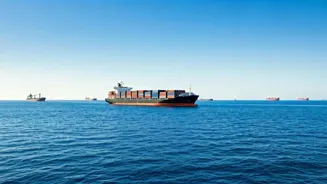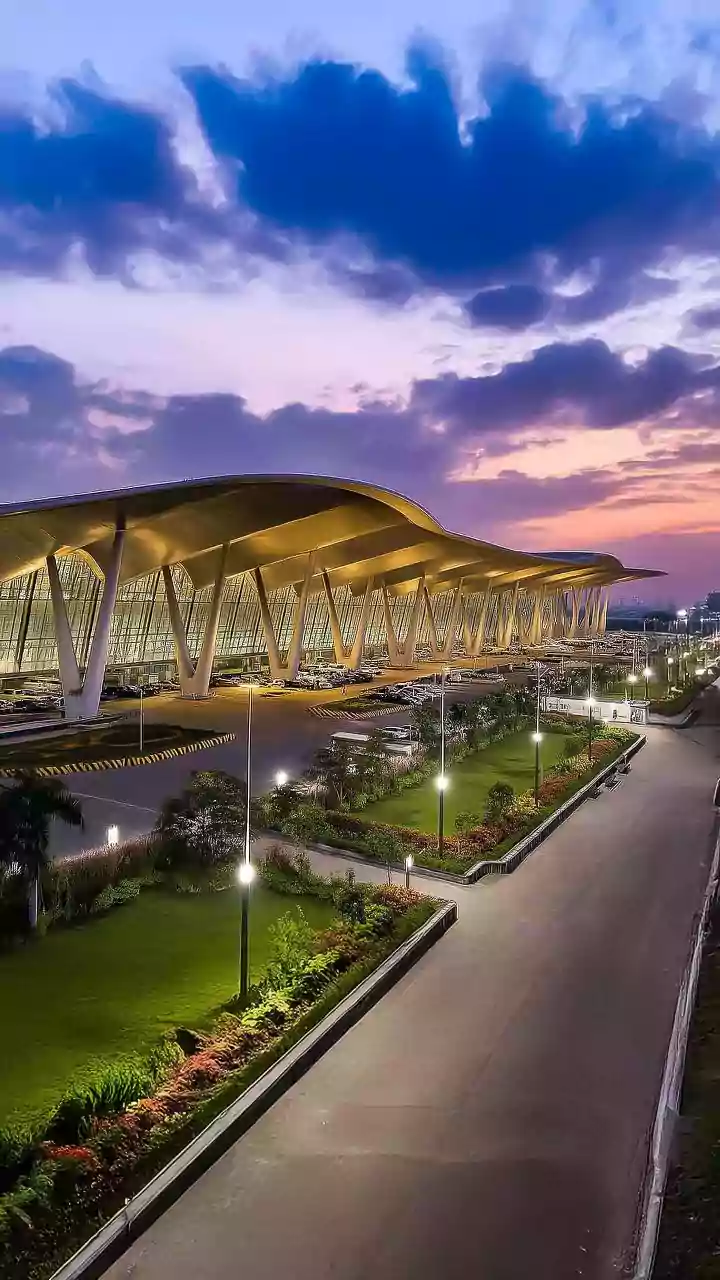Trade's Shifting Sands
The global economic climate is experiencing notable changes, with protectionist sentiments gaining traction. This shift presents both challenges and opportunities
for emerging markets. Nations are carefully analyzing and adapting their strategies to navigate this complex environment. The rise of protectionism can manifest in different ways, such as increased tariffs, stricter import regulations, and other measures designed to favor domestic industries. These actions impact international trade flows, potentially leading to disruptions in supply chains and reduced market access for some countries. This new reality requires a proactive and strategic approach from emerging markets, which must carefully consider how to protect their economic interests while still engaging in global trade.
India's Negotiation Stance
India's Commerce Secretary has expressed optimism regarding ongoing trade discussions, indicating a positive outlook for negotiations. This sentiment suggests a proactive approach from the Indian government to secure favorable trade agreements. The Commerce Secretary's statement is crucial as it sets a tone of confidence and determination. It signifies the government's commitment to fostering strong trade relationships. This positive stance is an essential element in ensuring a successful outcome in negotiations, allowing the country to effectively defend its economic interests. Such optimism can encourage a more constructive dialogue between negotiating partners. These dialogues can help create mutually beneficial trade agreements that spur economic growth.
US Negotiator's Delhi Visit
Following the implementation of a 50% tariff by the United States, a US negotiator recently visited Delhi to discuss trade-related matters. This visit highlights the ongoing efforts to address trade concerns and find common ground. The presence of a US negotiator indicates the importance of India as a trade partner and a desire to resolve any trade-related disputes. High-level discussions are crucial for fostering understanding. The visit likely involved detailed discussions on tariff structures, market access, and other key issues. It underscores the significance of direct communication and negotiation in resolving complex trade issues. The outcome of these talks is expected to have a significant impact on the future of trade relations between the two countries.
Emerging Market Strategies
Emerging markets must use several strategies to thrive in a world with rising protectionism. These markets need to diversify their trade partnerships, looking beyond traditional partners and exploring new avenues for trade. By reducing dependence on any single market, they become less vulnerable to disruptions caused by protectionist measures. Also, emerging markets should enhance their competitiveness through innovation, infrastructure development, and improved production efficiency. Investing in education, technology, and human capital can increase their capacity to compete globally. Building strong regional trade blocs can also provide increased market access and strengthen negotiating positions in global trade discussions. Prioritizing domestic economic policies that support growth and resilience, such as fiscal prudence and investment in key sectors, is equally important. These steps are crucial for sustained economic prosperity.
The Road Ahead
The future of international trade will depend on how nations choose to respond to protectionist pressures. Navigating this environment requires flexibility, strategic foresight, and a commitment to multilateralism. Emerging markets, particularly India, must embrace a proactive and adaptive approach to protect their economic interests. Successful strategies must involve a blend of careful negotiation, internal reforms, and a commitment to global collaboration. The ongoing discussions and visits, such as the one involving the US negotiator in Delhi, are signs that nations are actively engaging in finding solutions. By embracing these strategies and remaining adaptable to change, emerging markets can effectively navigate the complexities of modern trade and secure a brighter economic future.




















